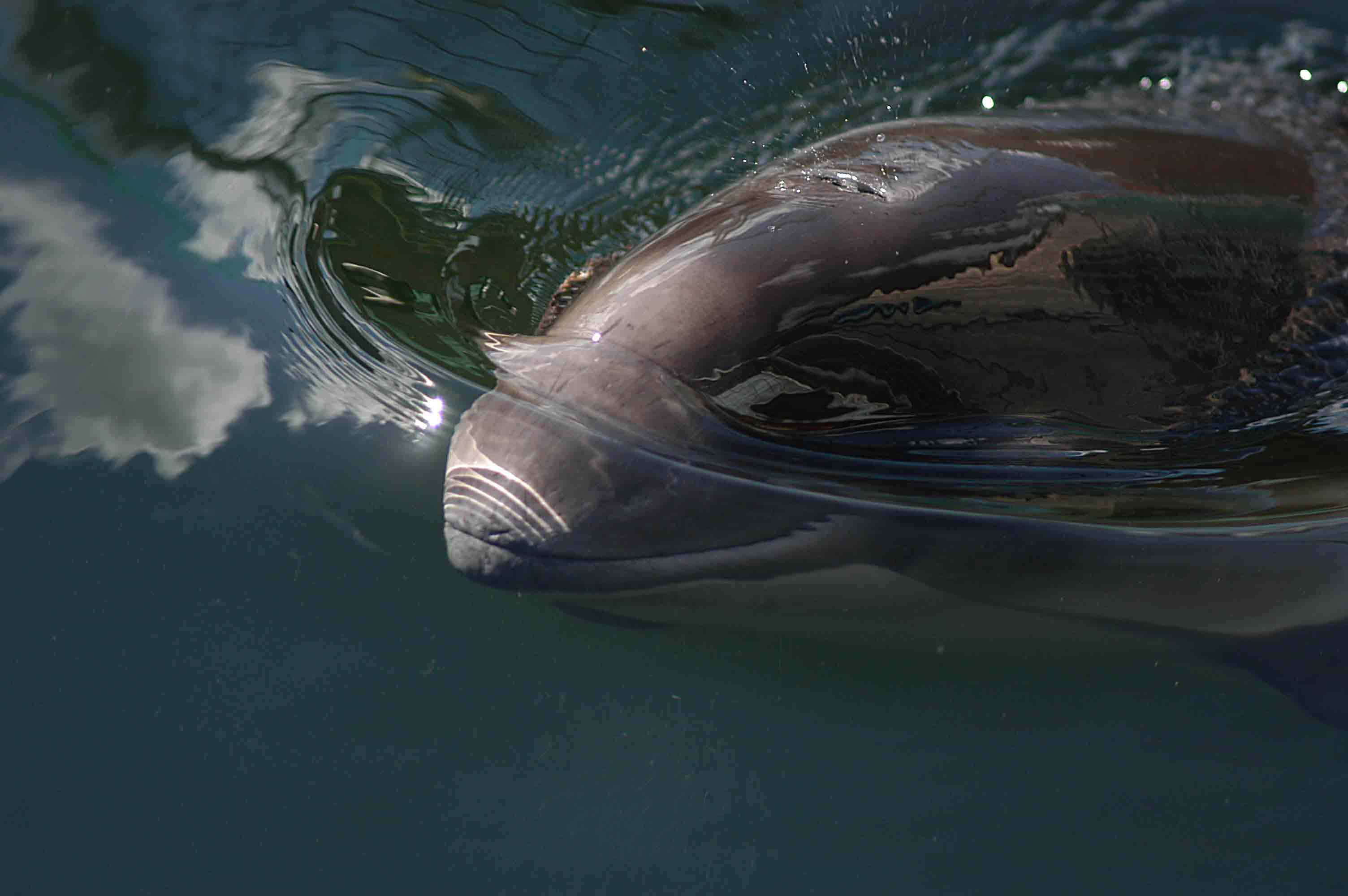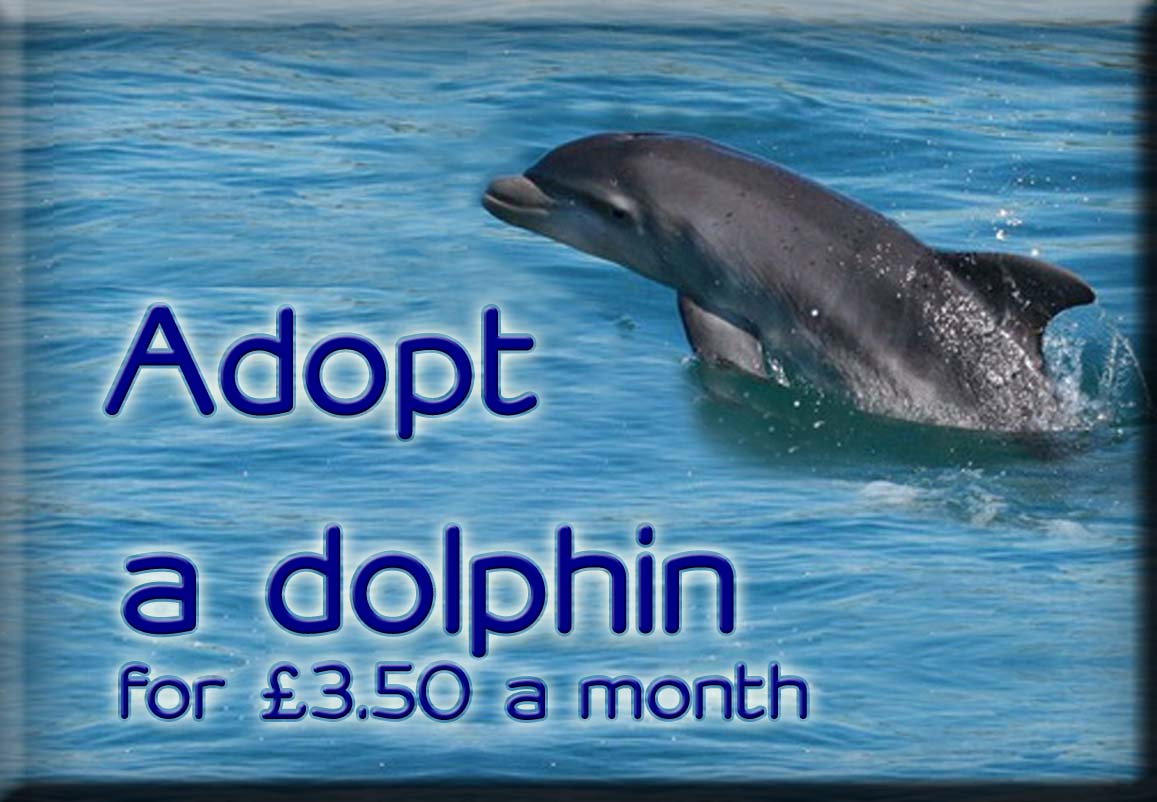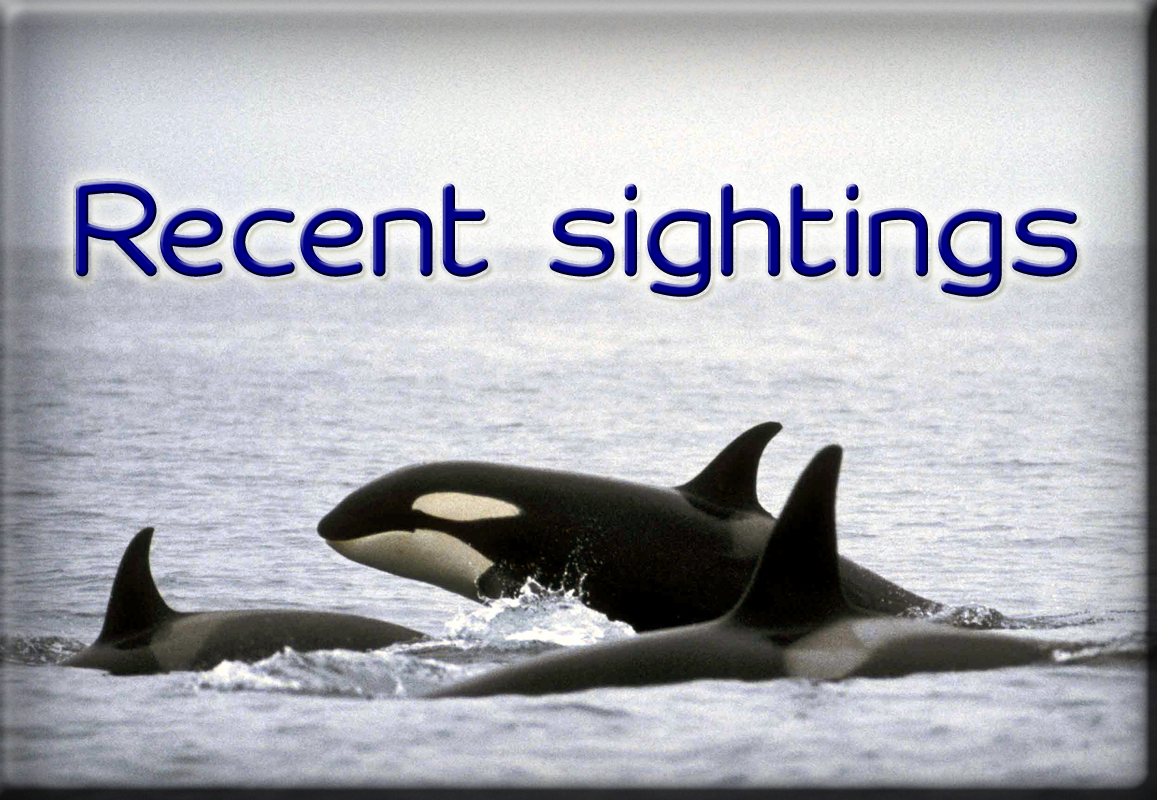For almost a quarter of a century, the EU Habitats Directive and its sister legislation, the Birds Directive, have formed the pillar for conservation action in Britain. All our Special Areas of Conservation (and Special Protected Areas for birds) derive from this legislation. And in recent times, specific focus upon the marine environment has led to the EU Marine Strategy Framework Directive that strives for the seas around us to be at Good Environmental Status by 2020. For both these directives, Sea Watch has worked hard alongside other scientists and NGOs to make them as effective as possible. Wild animals do not set national boundaries around themselves and so for conservation to work, there needs to be close collaboration internationally, particularly with colleagues in other European countries since many plants and animals that occur in the UK range also mainly across Europe.
 What will the future hold for Special Areas of Conservation for harbour porpoises?
Photo by Mick Baines/ SeaWatch Foundation.
What will the future hold for Special Areas of Conservation for harbour porpoises?
Photo by Mick Baines/ SeaWatch Foundation.
Now that we are leaving the EU, many have asked what will happen to Britain’s relationship to those Directives. We do not know at this stage but it would be a backwards step to dismantle our network of protected areas or reduce our commitment to the conservation actions that embody the various EU environmental directives. To all those who believe strongly in placing the protection of our natural environment high on the agenda, I would urge you to give your attention to the following areas of particular concern:
1) EU legislation on the environment has been developed in close collaboration between experts from all the EU states. People from the UK have played an important role providing useful input but at the same time learning from the others. This has served as a forum for countries to readily compare their successes and failings, to everyone’s benefit. We must strive not to lose that.
2) At times, countries fail with their commitments. The environment rarely comes high on political agendas, particularly in difficult economic times. In those situations, EU legislation provides a check that reminds them of those commitments. This is where environmental NGOs and local groups have long played an important role. If they could show that they had a good case, then they forced governments to take action that otherwise they would not have done. In this way, regional concerns gained attention that they would not have received from national governments. We appear to have lost this opportunity now formally through the EU in which case it is all the more important that comparable legislation is developed that goes beyond UK national boundaries.
3) A great many research bodies, universities, and environmental NGOs in the UK have benefited from funding through EU programmes like LIFE, LIFE+, Interreg, Horizon 2020, and others, that have enabled them to undertake conservation-based research or action. If in the future those are no longer available, then it is important to ensure that replacement funding is provided by national governments.
In this period of great change for the UK, it is more important than ever that concerned individuals and organisations make their voices heard to ensure that our Government acts to protect our marine environment now, and into the future. We will continue to play our part and hope we can count on your active support.
Peter Evans
Sea Watch Foundation Founder & Director
























